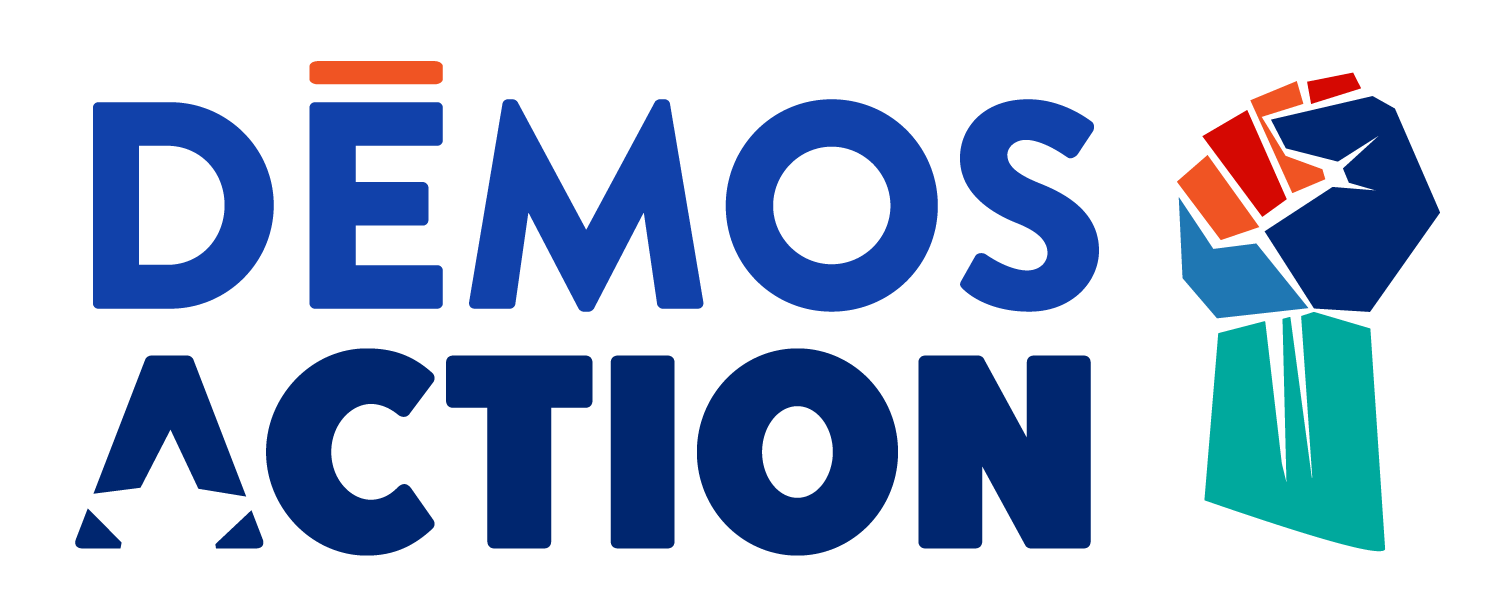Establish a Public Credit Registry
Decisions drawing on credit data reproduce and spread existing racial inequality, making it harder to achieve true economic equity. America’s credit reporting system is controlled by 3 big, for-profit companies—Experian, Transunion, and Equifax—which collect lending and payment data on 220 million Americans without consumers’ permission or approval, and there is no way for consumers to opt out from having personal financial data collected. The algorithms that determine our creditworthiness are not publicly available, and consumers must pay to access their own credit reports and scores (beyond one free report from each company per year). Errors are common, and people of color experience higher error rates than white households. Meanwhile these errors are notoriously difficult to correct, as credit reporting companies have failed to make the investments necessary to investigate disputed items. It is lenders—not American consumers—who are the customers of these companies. Our consumer data is their product; thus, these corporations are not accountable to consumers. The companies have no incentive to be concerned about racial equity or fairness.
The policy solution centers equity, transparency, accuracy, appropriateness, security, and public awareness. Demos proposes establishing a public credit registry housed in the Consumer Financial Protection Bureau. This publicly run credit registry will gradually replace the current for-profit corporate system, and is designed to be responsive to consumer needs and equity concerns rather than the corporate bottom line. A public credit registry will develop algorithms that diminish the impact of past discrimination, deliver transparent credit scoring, provide greater data security and offer a publicly accountable way to resolve disputes. The use of credit information for non-lending purposes, such as employment, housing, and insurance, will be curtailed.

